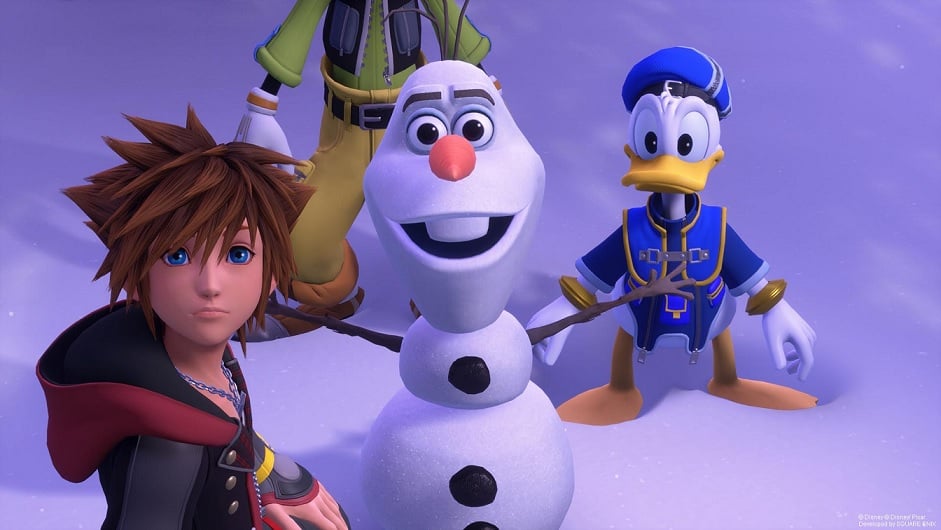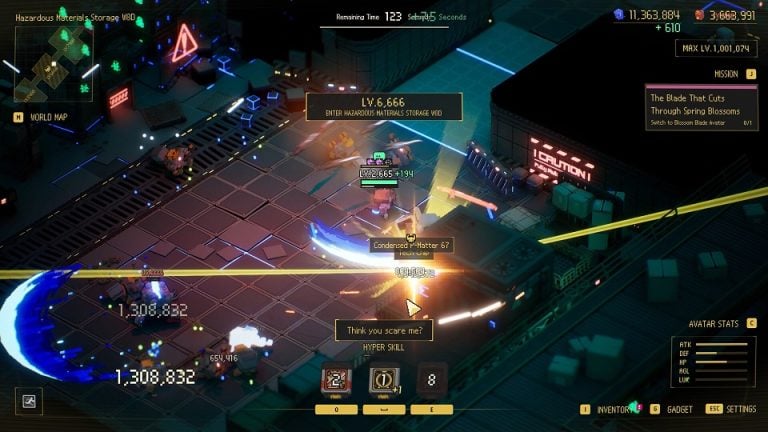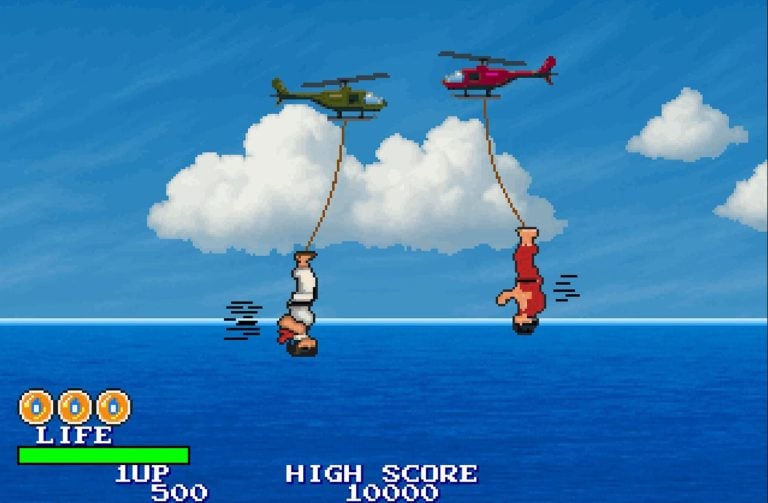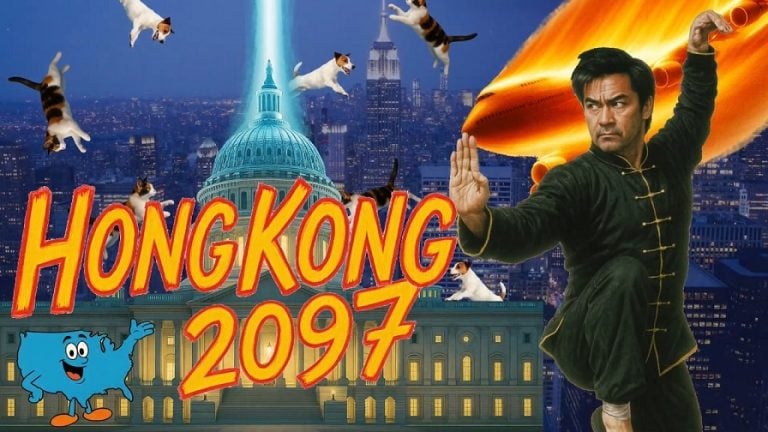OpenAI recently released Sora 2, a brand-new video generation model, that is, according to the official website, “more physically accurate, realistic, and more controllable than prior systems.” However, the huge model update has raised many concerns about copyright infringement and ethical use of generative AI, as it has been shown that Sora 2 can generate videos of numerous copyrighted characters that belong to world-famous franchises.
And while all eyes are on Nintendo right now, given that the new model was able to almost perfectly replicate some of their characters, a recent showcase of Sora 2’s “abilities” went viral on Japanese X due to featuring many of the country’s famous anime characters. From fake clips of Dragon Ball and Naruto to scenes featuring characters from Demon Slayer, Tokyo Ghoul and even Studio Ghibli’s Spirited Away, the video was basically a collage of copyrighted material.
As game journalist Kiyoshi Tane pointed out for Yahoo!Japan News, many of the concerns from Japanese people come from the inconsistency of Sora 2 forbidding video generation prompts related to American media giants like Disney and Marvel, while seemingly not protecting Japanese IPs in any way.
In response, Akihisa Shiozaki, Japanese lawyer and member of the House of Representatives, remarked on his X account that the country needs to take immediate action regarding the issue before it evolves into a much bigger problem.
“I’ve tried out [Sora 2] myself, but I felt that it poses a serious legal and political problem. We need to take immediate action if we want to protect leading Japanese creators and the domestic content industry, and help them further develop.
(I wonder why Disney and Marvel characters can’t be displayed)”
As verified by ITMedia News, inputting prompts like “Snow White” indeed seems to trigger a warning saying that “it may violate the platform’s safety standards,” while Dragon Ball and Demon Slayer prompts were accepted without any problems.
Tane notes that Sora’s “opt-out” system (continuing to use copyrighted material for AI training unless the copyright holder specifically opts out of it) doesn’t hold much water, as it technically doesn’t represent an actual waiver of rights by the copyright holder – meaning that the risk of a lawsuit is still there. Japan’s anime industry may be perceived as being more ‘loose’ on copyrighted content, but as even Nintendo, who is known to have no mercy when it comes to copyright infringement, is having their characters being used for training and generating videos, it is only a matter of time before OpenAI ends up facing a serious problem, he suggests.
Related article:
Bandai warns against posting AI-generated images of anime figures bearing the company’s logo





